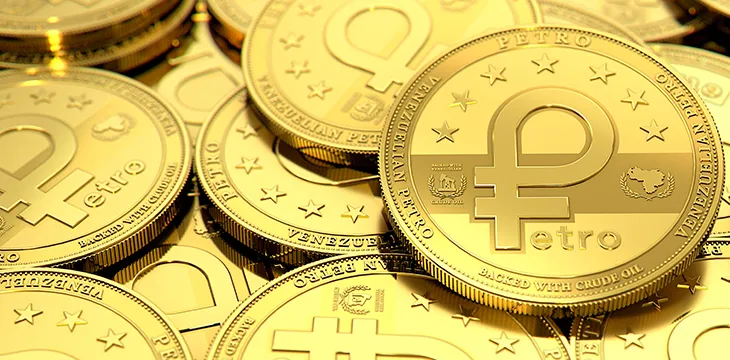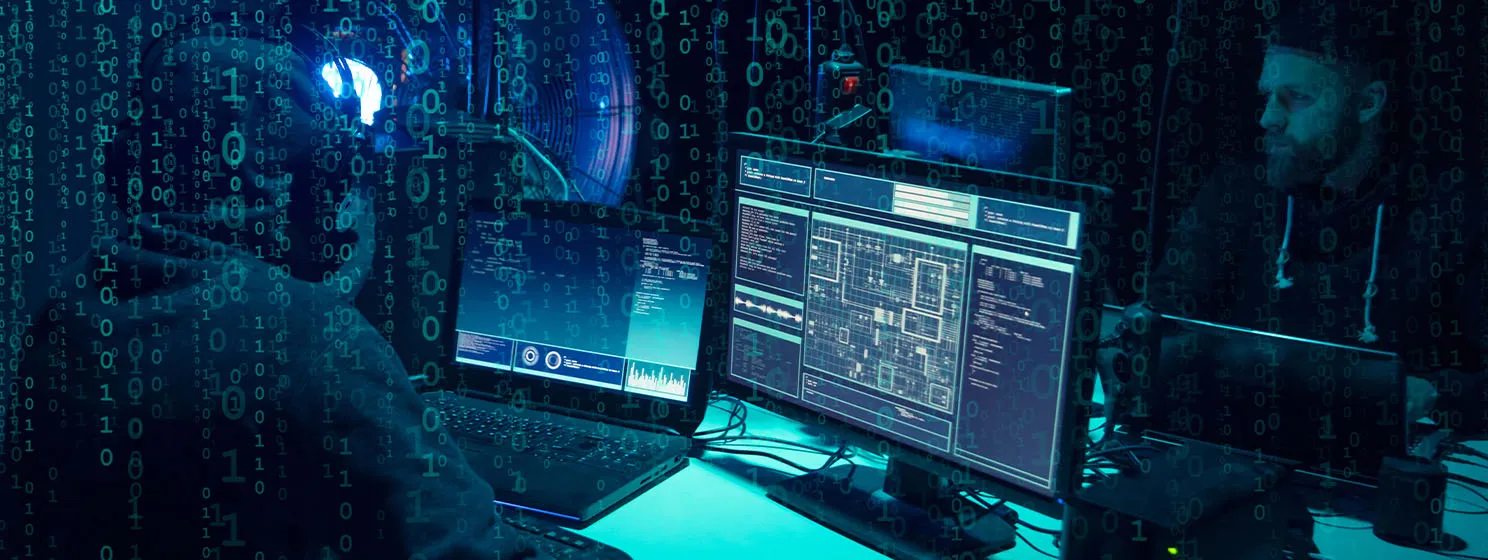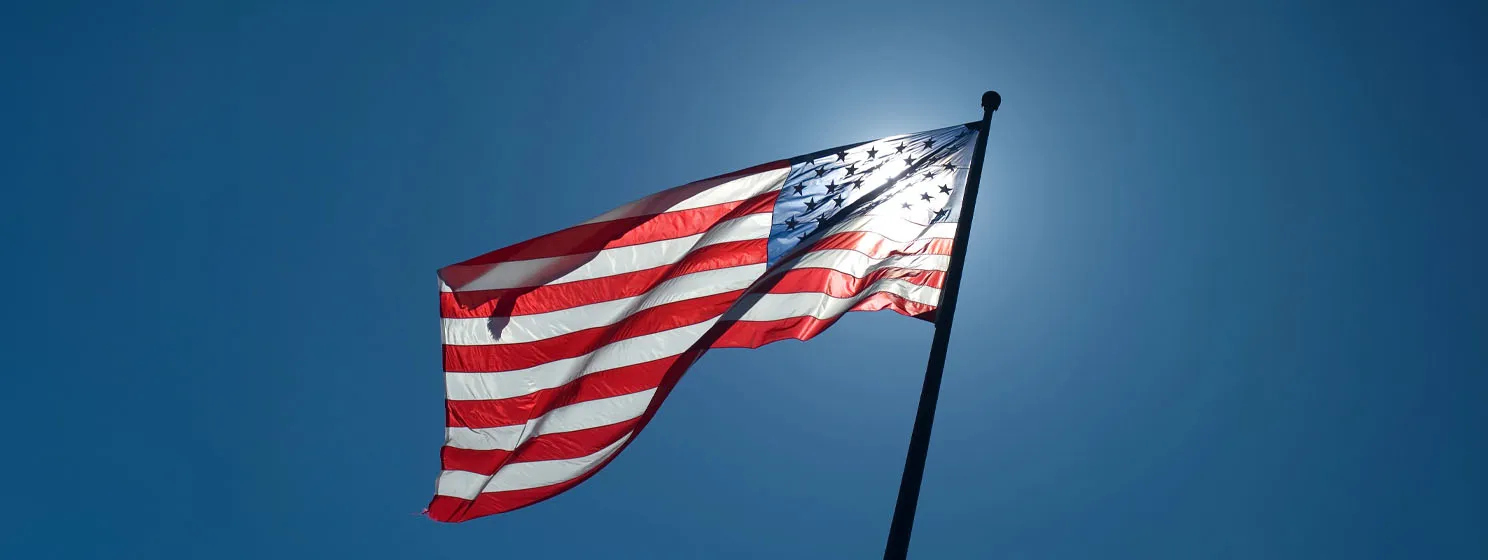|
Getting your Trinity Audio player ready...
|
The Venezuelan crypto industry is facing new regulations. The Ministry of Popular Power for Communication and Information (MIPPCI) has published their latest official publication, which reveals the “Constituent Decree on the Integral System of Crypto Assets.”
Coindesk has translated the new release, revealing new requirements for exchange platforms and miners in Venezuela. Those businesses will now have to register with a superintend body of crypto-related activities, named Sunacrip.
That body will set requirements and processes and keep the industry updated on new developments, and provide oversight to the industry. It will also carry out inspections of the registered companies, and can revoke licenses if they are found non-compliant. Not registering carries penalties between 100-300 petros, and non-compliance can result in prison sentences, as well as more fines.
The decree also helps define crypto terms, the regulations that will be applied, and penalties for each offense.
Venezuela has famously developed the petro cryptocurrency as a way to evade international sanctions. This strategy has not been with much success, as the U.S. has simply applied those sanctions to the petro as well. Despite this opposition, Venezuela has argued that the petro should be more closely linked to the oil trade, which critics have argued is a desperate attempt to create money out of thin air.
Regardless of international reactions to the move, Venezuela has remained committed to their crypto play. They have required citizens to pay passport fees in the digital currency since October. Senior citizens have also started receiving their pensions in petros, despite the value of the cryptocurrency remaining hard to discern.
Crypto businesses in Venezuela will likely wait and see if these new regulations will really matter. The country is nearly in a state of civil war, as President Nicolás Maduro fights off a potential overthrow of his government. The United States have previously recognized opposition leader Juan Guaidó as the rightful interim president of the country, and now several European nations have followed suit. Several countries are considering additional sanctions against Maduro, and U.S. President Donald Trump has not ruled out military action.
If Guaidó takes power, he has previously been opposed the petro, and promoted Bitcoin in 2014, before the protocol was hijacked by the Bitcoin Core (BTC) team, but has now been reborn in the original vision of Satoshi Nakamoto in Bitcoin SV (BSV).
Logically then, a change in government could mean these regulations get entirely thrown out as well, and set up a fresh start for the country’s industry.

 09-01-2025
09-01-2025 





